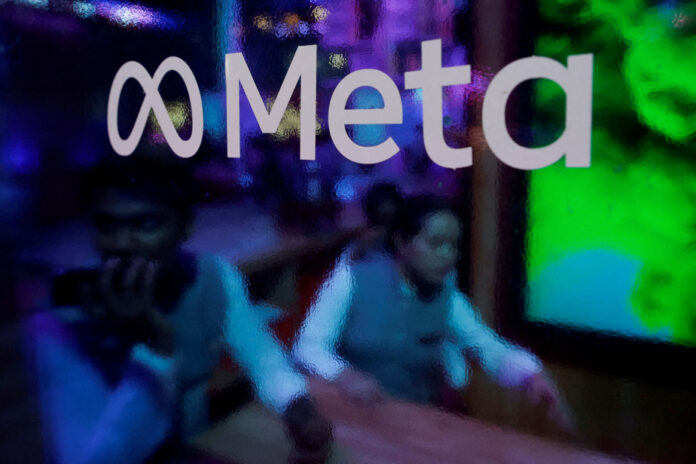(San Francisco) Meta (Facebook, Instagram, WhatsApp) reported net profit of $11.58 billion in the third quarter, more than double last year’s figure of $4.4 billion, driven by advertiser appetite for its platforms and services as well as reduced spending.
According to an earnings release released Wednesday, the social media giant’s summer revenue jumped 23% year-over-year to $34 billion, also higher than analysts’ expectations.
Its stock gained nearly 3% during electronic trading after the stock market closed.
Its spending came to $20 billion, instead of $22 billion for the same period last year.
“We had a good quarter for our community and our business,” said boss Mark Zuckerberg, quoted in the press release. “I am proud of the work our teams have accomplished in artificial intelligence (AI) and mixed reality with the launch of Quest 3, Ray-Ban smart glasses and our AI studio.”
In late September, Meta unveiled new generative AI products, including talkers with personalities and new features for its augmented (AR) and virtual reality (VR) devices, Ray-Ban glasses and Quest headsets.
The Californian group thus hopes to catch up in this technology which is generating enthusiasm around the world, and to relaunch the “metaverse”, that is to say its ambition to mix digital universes parallel to physical reality.
Reality Labs, the division responsible for developing the metaverse, lost $3.7 billion again in the third quarter.
It had already suffered net losses of 13.7 billion in 2022, and Meta predicts an even steeper addition in 2024.
After a very difficult 2022, Meta rebounded in the first half of 2023, despite inflation and high interest rates from which some of its competitors are suffering.
For 2023, Insider Intelligence predicts that Facebook and Instagram will see ad revenue climb 6% to more than $120 billion, giving Meta 20% of the global digital ad market, behind Google (28%). ).
“Meta is engaged in a relentless pursuit of growth,” commented Jeremy Goldman, analyst at this research firm.
“We see this with its focus on reels and the introduction of new ways to generate revenue from businesses on Instagram, Messenger and WhatsApp – not to mention the deep integration of AI into the “all of its services”, he explained.
Meta also launched a new social network at the beginning of July, called Threads, based on the model of X, formerly Twitter, which has lost a lot of ground since its acquisition by Elon Musk a year ago.
But “pitfalls loom on the horizon”, according to the expert, such as that of competition: “TikTok and Snapchat are competing for a larger share of the user engagement pie. Meta must therefore constantly innovate to keep its audience captivated.”
Reels, dynamic, attention-grabbing clips that users easily scroll through, are among the features considered harmful to teens by dozens of U.S. states.
Already in the crosshairs of American justice for questions of monopoly, Meta is also in full recalibration in the European Union, where the digital platforms concerned have until March 6, 2024 to comply with new legal obligations on the harvest of personal data for advertising purposes, the heart of Meta’s business model.
The American group is even considering offering paid subscriptions to Europeans to use Instagram and Facebook without advertising.
“Legal and regulatory headwinds are strengthening in the EU and the United States, and could have a significant impact on our activities and financial results,” said Susan Li, Meta’s chief financial officer, at the end of July.















